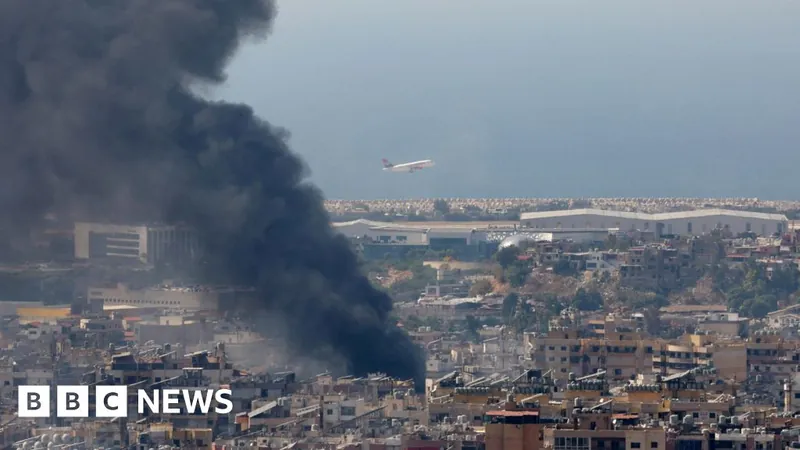
Netanyahu Issues Stark Warning to Lebanon Amid Intensifying Conflict with Hezbollah
2024-10-08
Author: Jacques
Netanyahu Calls for Lebanese Uprising Against Hezbollah
In a bold move, Israeli Prime Minister Benjamin Netanyahu has called upon the people of Lebanon to rise against Hezbollah, warning them of impending 'destruction and suffering like we see in Gaza' if the militant group continues to assert its power. His urgent appeal came as the Israel Defense Forces (IDF) escalated their military actions by deploying thousands more troops into a newly targeted region in southwestern Lebanon.
IDF Targeting Hezbollah Leadership
Netanyahu claimed the IDF had successfully eliminated a key figure in Hezbollah's leadership, suggesting that Hashem Safieddine, the presumed successor to the late chief Hassan Nasrallah, was killed—though the IDF later indicated it couldn't confirm this report.
Hezbollah Responds with Rocket Attacks
As tensions surged, Hezbollah responded robustly, launching barrages of rockets at Israel’s port city of Haifa for the third consecutive day, resulting in injuries to 12 individuals. In a video address aimed at Lebanese citizens, Netanyahu stated, 'You have an opportunity to save Lebanon before it falls into the abyss of a long war that will lead to destruction and suffering.' He urged them to 'free your country from Hezbollah so that this war can end.'
Humanitarian Crisis Deepens Amidst Conflict
Despite the overwhelming Israeli military campaign that has reportedly claimed the lives of over 1,400 people and displaced around 1.2 million in Lebanon, Hezbollah's leadership remains defiant. Naim Qassem, a high-ranking official in the group, insisted that they have weathered the recent assaults and maintained strong combat capabilities.
Escalation of Military Operations
The hostilities between Israel and Hezbollah have rapidly escalated since the group began launching rockets in solidarity with Palestinians following the attack by Hamas on October 7, 2023. In response to the ongoing threats, the IDF announced localized operational activities in southwestern Lebanon aimed at neutralizing Hezbollah's military assets.
Control of Strategic Areas
As the situation unfolds, the IDF has successfully taken control of what they described as a Hezbollah 'combat compound' in the border village of Maroun al-Ras, further intensifying their operations against the group. Drone footage has revealed widespread destruction in areas targeted by Israeli strikes, prompting urgent concerns from the United Nations.
Mass Displacement and Agricultural Devastation
The humanitarian crisis in Lebanon is deepening, with about 1.2 million people – nearly a quarter of the population – forcibly displaced from their homes, and up to 180,000 seeking refuge in designated centers. The ongoing conflict has also triggered a mass exodus to war-torn Syria, with reports of over 400,000 fleeing, which includes a significant number of Syrian refugees.
Concerns Over Food Security
Amidst this chaos, the World Food Programme has raised alarms about Lebanon's agricultural capabilities, noting that extensive farmland has been devastated by violence. Furthermore, the UN peacekeeping force has warned that the humanitarian impact of the current conflict is 'nothing short of catastrophic.'
Intensified Airstrikes on Hezbollah
The IDF has intensified its airstrikes, targeting key Hezbollah positions in Beirut and other critical zones across Lebanon, with claims of significant losses within Hezbollah’s command structure. The body count among Hezbollah leaders has been alarming, with multiple high-profile figures reportedly killed in recent operations.
Hezbollah's Stance on a Ceasefire
Despite Hezbollah's aggressive stance, Qassem’s recent remarks appeared to show some shift, expressing support for a potential ceasefire brokered by Lebanese officials, suggesting the group's strategy might be evolving, although they remain steadfast in their commitment to resist Israeli operations.
An Uncertain Future
As Israel and Hezbollah stand on the brink of further escalation, the eyes of the world remain glued to Lebanon, where a catastrophic cycle of violence continues to unfold, and the plight of civilians grows ever more desperate. What lies ahead in this volatile context could shape the future of the region in ways that are still unpredictable.
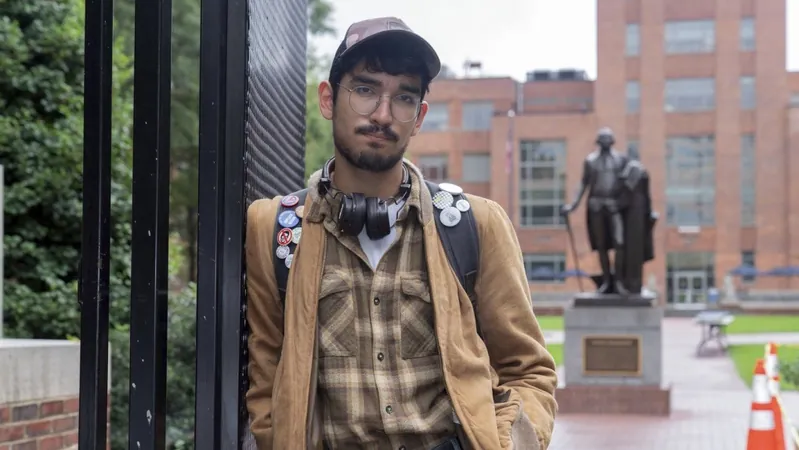


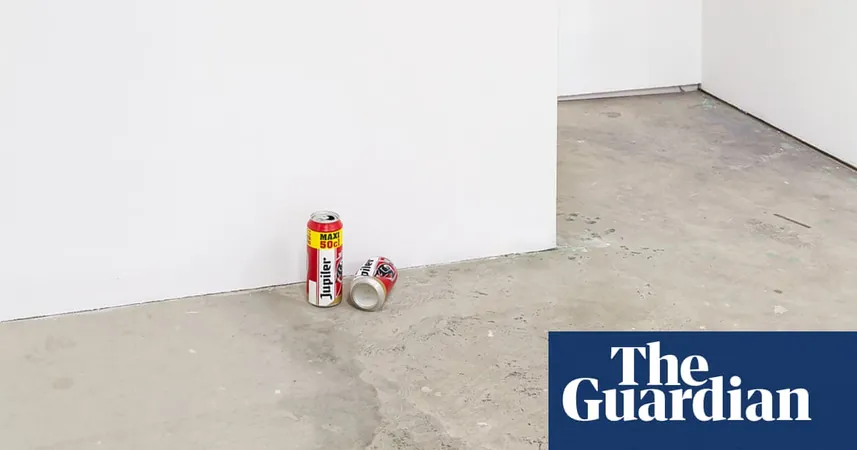
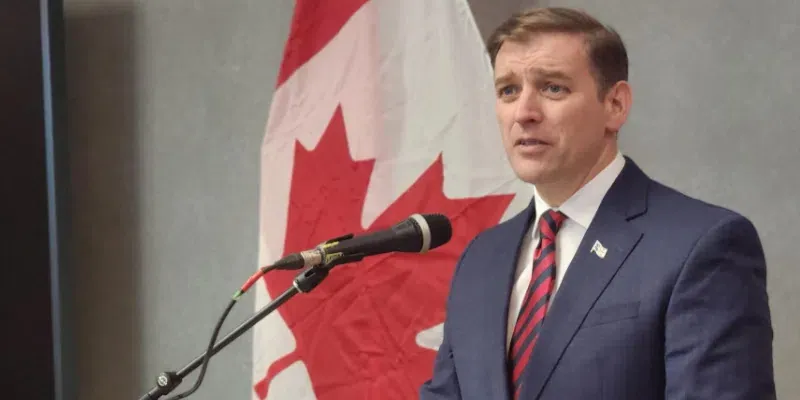

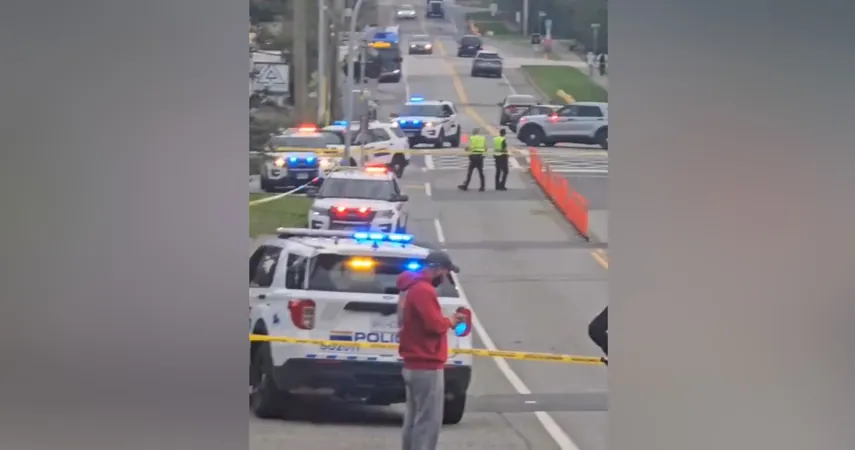
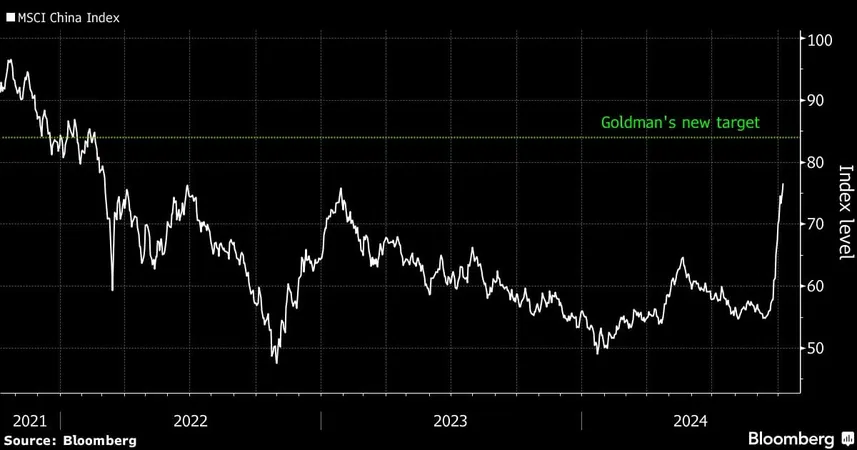

 Brasil (PT)
Brasil (PT)
 Canada (EN)
Canada (EN)
 Chile (ES)
Chile (ES)
 España (ES)
España (ES)
 France (FR)
France (FR)
 Hong Kong (EN)
Hong Kong (EN)
 Italia (IT)
Italia (IT)
 日本 (JA)
日本 (JA)
 Magyarország (HU)
Magyarország (HU)
 Norge (NO)
Norge (NO)
 Polska (PL)
Polska (PL)
 Schweiz (DE)
Schweiz (DE)
 Singapore (EN)
Singapore (EN)
 Sverige (SV)
Sverige (SV)
 Suomi (FI)
Suomi (FI)
 Türkiye (TR)
Türkiye (TR)